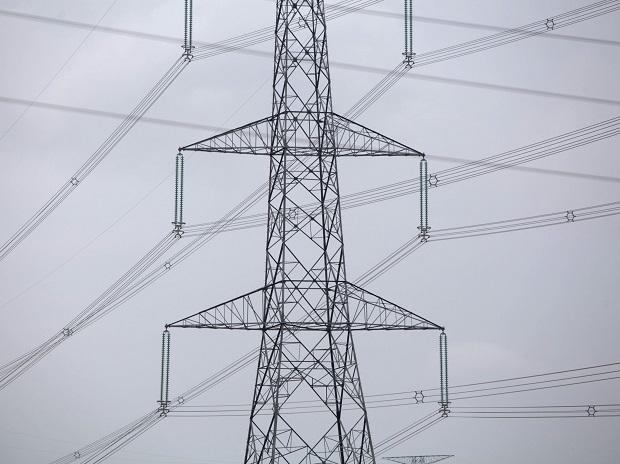
Home minister Amit Shah meets with power and coal depts over energy crunch
Last Updated on December 23, 2022 by Admin
[ad_1]
A day after both the Union ministries of coal and power denied any energy shortage in the country, Union Home Minister Amit Shah on Monday held a meeting with Coal Minister Pralhad Joshi and Power Minister R K Singh and officials of the ministries concerned.
TV footage indicated executives of India’s largest, state-owned power generator NTPC were there in the meeting.
Though there was no official statement from the government till late evening, people in the know said the meeting took stock of the coal situation as several states raised an alarm over the shortfall and an impending electricity supply crisis.
Close to 16 Gw of coal-based power generation capacity is under outage (not generating) for lack of supply, according to the data on the National Power Portal.
The coal ministry in a public statement on Sunday said ample coal was available in the country to meet the demand of power plants.
State miner Coal India Ltd (CIL) on Monday said it had scaled up supplies to power utilities of the country to 1.51 million tonnes (MTs) a day during the past four days of October.
The off-take has gone up to 1.73 MTs per day during October (first 10 days), posting 10 per cent growth over the same period last year, CIL said.
ALSO READ: Coal Crisis: Number of plants with less than 4-day stock rise to 70

“The aim is to ramp up supplies to the power sector even higher, which we hope to achieve after puja. Once the despatch rate is maintained, the stock build-up will help tide over the tight situation,” said S N Tiwary, director (marketing), CIL.
CIL in a statement said the coal supply to gencos was at an all-time high till now this fiscal year “but it is the never experienced before hunger for the dry fuel, spurred by an unmatched increase in power generation that upset the demand-supply scales”.
“Once October and major festivals are over, conditions will improve and the power demand is expected to be down by a notch, easing the pressure,” the company said, adding it had to tackle the supply shortfall created by 14 imported coal-based power plants, which scaled down their generation due to skyrocketing coal prices in the international markets.
Since August, coal stocks at thermal units have dwindled. Currently, 16.8 Gw of power generation capacity has no stock and 29 Gw has fewer than three days of coal. The coal ministry, however, said the coal available at the power plants “is a rolling stock which gets replenished by the supplies from the coal companies on a daily basis”.
The power ministry, in a statement on Sunday, said despite heavy rain in August-September, a “steep hike in power demand due to economic recovery and increase in prices of imported coal, domestic coal supply have sustained the operation of power plants and all out efforts are being made to ensure full power supply to the discoms as per their requirements”.
Several states, including Delhi, have expressed panic over shortages of coal. In a letter to Prime Minister Narendra Modi, Delhi Chief Minister Arvind Kejriwal last week asked the Centre to divert more coal and gas to power units supplying to the city.
Punjab, Andhra Pradesh, and Kerala made similar demands. Some state-owned discoms have alerted their consumers of power cuts and have urged them to use electricity judiciously.
 Dear Reader,
Dear Reader,
Business Standard has always strived hard to provide up-to-date information and commentary on developments that are of interest to you and have wider political and economic implications for the country and the world. Your encouragement and constant feedback on how to improve our offering have only made our resolve and commitment to these ideals stronger. Even during these difficult times arising out of Covid-19, we continue to remain committed to keeping you informed and updated with credible news, authoritative views and incisive commentary on topical issues of relevance.
We, however, have a request.
As we battle the economic impact of the pandemic, we need your support even more, so that we can continue to offer you more quality content. Our subscription model has seen an encouraging response from many of you, who have subscribed to our online content. More subscription to our online content can only help us achieve the goals of offering you even better and more relevant content. We believe in free, fair and credible journalism. Your support through more subscriptions can help us practise the journalism to which we are committed.
Support quality journalism and subscribe to Business Standard.
Digital Editor
[ad_2]
Source link




